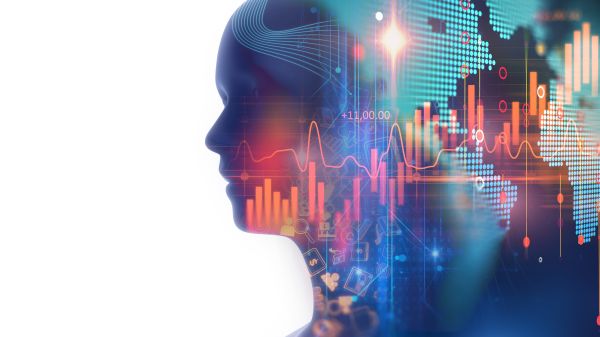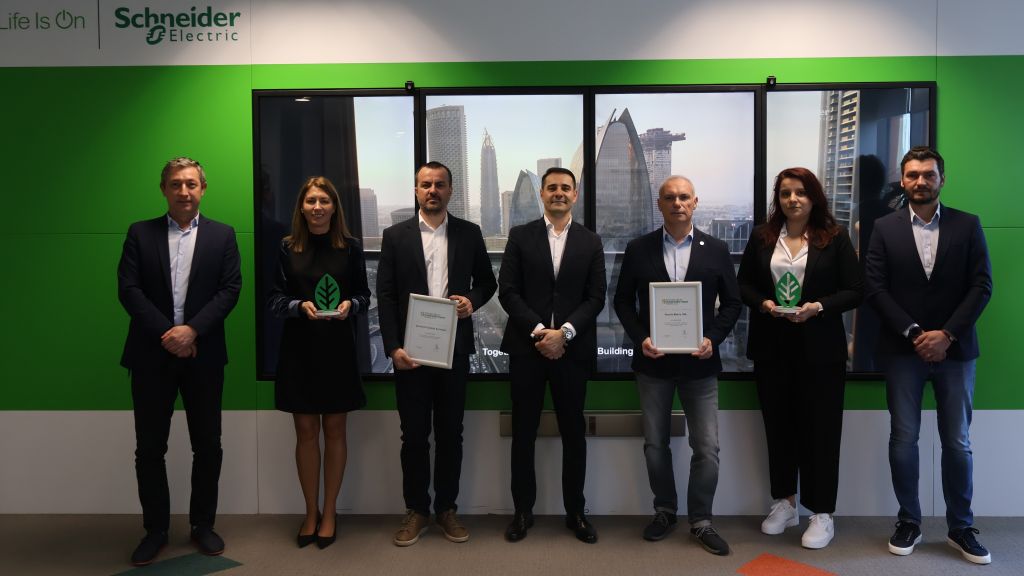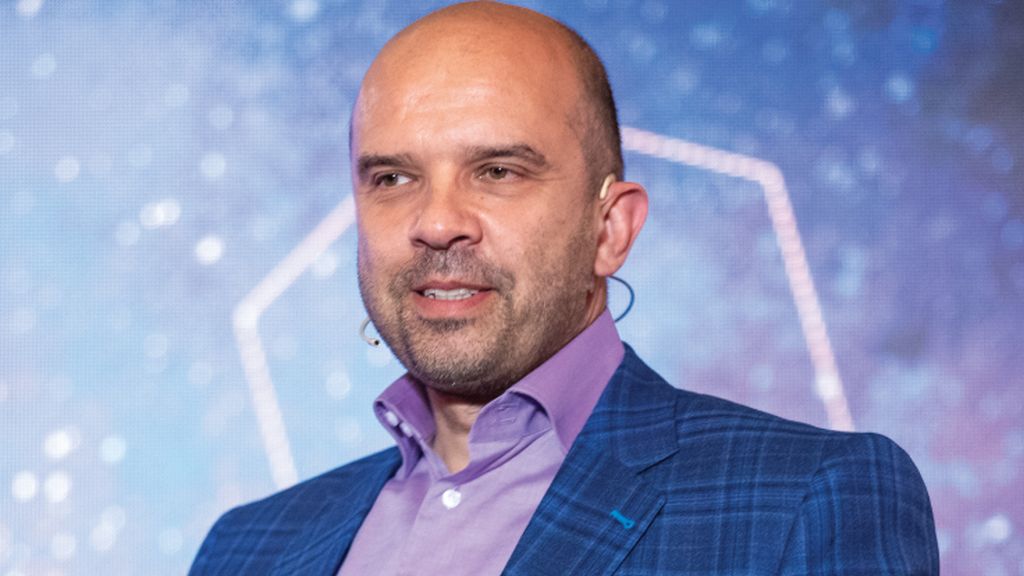When in 1997 and 2016 the world champions of the GO game were defeated by Artificial Intelligence, the media announced an incipient functional end of the species. Moreover, in 2014, a Hong Kong company promoted an algorithm as director, with the right to vote in the board of directors. On the other hand, the progress of the artificial intelligence behind bots increasingly capable of writing texts of unusual coherence and stylistics outline the perspective in the near future of Nobel Prize for Literature award to artificial intelligence. The field of music is also affected by artificial intelligence in a process of interactive-technological composition, music is generated as a response to the musical composition received by the robot. Probably in the future, we will go to concerts performed on harmonies in Bach or Mozart music composed by artificial intelligence.
If, from business to arts, Artificial Intelligence replaces people, we have the right to ask ourselves: where do we go? In 2030, between 75 and 375 million people will have to change their job, according to McKinsey. How will the job market look 2040? Will we become the super-people who can manage intelligent machines or Sci-Fi movie characters fighting for survival in a world dominated by machines? The fears of the end of the world and history made by man today seem to have one name: Artificial Intelligence.
The artificial intelligence not only dismisses people who have creative activities but also those who believe that the craft of a profession cannot be replicated by the impersonal performance of a machine. We have intelligent machines that change the automotive and transport industries by driving off-road the drivers.
The world transforms itself under the impact of AI
We have self-service shops and electronic payment that make the cashier service redundant. We have virtual mirrors that simulate customer try-on garment and make the assistant in the store irrelevant. Blue collars in manufacturing plants who are replaced by robots capable of doing the same work at low cost and with superior results. Crafts, from wood to fabric or ceramics, replace craftsmen with machines guided by artificial intelligence.
The toolkit is changing since the cogwheels of traditional watches made by skilled watchers are replaced by bytes of smartwatches. The big clockmaking houses are replaced by technology companies that introduce artificial intelligence and make the clock a multifunctional instrument. So, not only the instrument, the raw material and the people who make the products change, but sometimes their functionality is also expanding.
The impact of the new generations
Attitudes are sometimes very different and often separated on generational criteria. Generation X's representatives are resistant to change while Generations Y and Z are just waiting to launch a new gadget. On the Gauss bell, at one end we identify the technophobic behaviors of the parents and at the other end the technical behaviors of the children.
The generation of those who favor the tradition and the reliability of the products concerned with the security of the jobs practiced and the consumerist generation of those who quickly replace their acquired products for more performing ones and who change jobs in search of new challenges. So it cohabits different mentalities because there are different generation expectations.
The resistance to change remains
What is significant is that the human type is changing. It may be that horrified eyes that artificial intelligence dismisses us all from more and more areas to make room for an explosion of joyful emoji of those who want a more efficient life driven by machines and reformulate their role in society.
The demographic projection for 2025 identifies Generation Y as the primary resource of staff. In this respect, a study by the World Economic Forum shows that for the generation of digital natives three aspects matter most when choosing their employer: career promotion (48%), company culture (38%) and personal training/development opportunities (32%).
The AI enters the required skills set
The headhunting company Russell Reynolds conducted a survey among 300 companies in the US, Europe, and Asia and found that 72% of board members did not have the skills to use the technology. So the contrasting picture of generational values explains the differences between those scared of artificial intelligence and the curious people to capitalize on it.
According to the Accenture Labor Force Survey, over 60% of employees have an optimistic outlook on the impact of artificial intelligence on the job they are doing. Two-thirds of employees say they need to develop new skills to work with intelligent machines because many of the jobs have not even been invented yet.
Five practical recommendations for employees:
- Observe the trends in the industry you are activating, listen to the industry leaders and anticipate the set of skills relevant to working with intelligent machines
- Identify the technologies and tools that best fit the skills required to implement artificial intelligence
- Consolidate yourself professionally to use them and teach others how to use them
- Make learning and experimentation a habit of life
- Create / Join a community of experts in the field for mutual transfer of knowledge and know-how





























